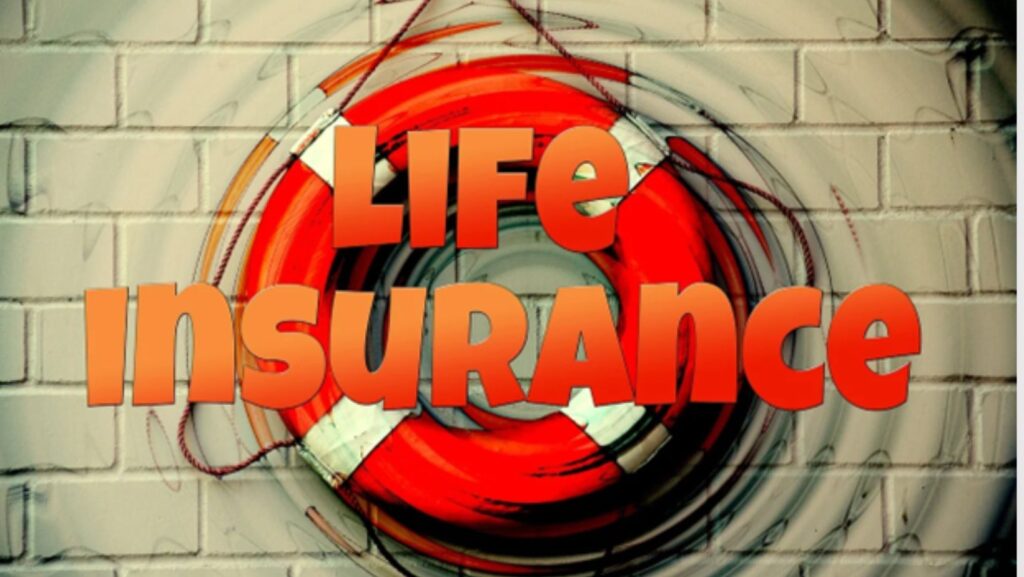Choosing the right life insurance policy is crucial, yet the numerous options can feel overwhelming. As you navigate through the choices, understanding the different types can help tailor your decision to your unique needs. Gain clarity on terms, premiums, and benefits so you can secure peace of mind for yourself and your loved ones with a policy that perfectly matches your requirements.
Whole Life Insurance
Whole life insurance is a type of permanent life insurance that provides lifelong coverage and includes an investment component known as the policy’s cash value. This cash value grows tax-deferred at a guaranteed rate, and policyholders can borrow against it or even surrender the policy for the cash value if necessary. Whole life insurance is typically the right choice for individuals looking for predictable premiums and a death benefit guaranteed for life.
It suits those who value financial security for their beneficiaries without the risk of outliving their policy. You should also understand the iul vs whole life difference to fully comprehend the features and benefits of whole life insurance. Whole life insurance is ideal for estate planning or leaving a legacy, as the policy can be part of a strategy to minimize estate taxes or ensure a succession of wealth. It is suitable for those prioritizing stability and long-term financial planning.
Term Life Insurance
Term life insurance is a type of life insurance that provides coverage for a specified duration, typically ranging from 10 to 30 years.

Unlike whole life insurance, it does not include an investment component or cash value, which generally makes it more affordable. This coverage is particularly beneficial for individuals seeking to protect their loved ones during critical financial years, such as when their children are young or when there are outstanding debts or mortgages.
It is ideal for those who anticipate a decreased need for life insurance as they age and their financial obligations lessen. Term life insurance is best suited for those looking for temporary, high-coverage, cost-effective solutions with an emphasis on sizable death benefit protection during the term.
Universal Life Insurance
A universal policy is a type of permanent life insurance where policyholders can adjust their premiums and death benefits within limits set by the insurer. Similar to whole life insurance, universal life policies also feature a cash value component that earns interest over time. Here are some important features:
- Flexible premiums
- Adjustable death benefit
- Cash value accumulation
- Tax-deferred growth
- Potential for investment growth
- Loan options
- Lifetime coverage
- Convertibility
- Estate planning benefits
Universal life insurance is ideal for individuals seeking customizable coverage with adjustable premiums and death benefits, who desire lifetime protection with cash value growth potential, and who prioritize financial flexibility for estate planning or fluctuating financial needs.
Variable Life Insurance
Policyholders can invest in various accounts, such as stocks, bonds, or mutual funds, offering the potential for cash value growth based on market performance. However, this also means risks, as returns can fluctuate, impacting the policy’s cash value and death benefit.
Variable life insurance is suitable for individuals comfortable with investment risk, and looking for a policy with a range of investment opportunities and potential for significant growth. It is the right choice for those seeking lifelong coverage with the possibility of enhancing wealth and leaving a substantial legacy.
Final Expense Insurance
Final expense insurance is a smaller whole-life insurance policy designed to cover end-of-life expenses, such as funeral costs, medical bills, and other debts. It typically has a lower death benefit, usually ranging from $5,000 to $25,000, making it more affordable with predictable premiums.

This type of insurance is particularly suitable for those who may not have significant savings or other life insurance coverage to cover final expenses and wish to alleviate the financial burden on their family. Final expense insurance is the right choice for seniors or individuals with health issues who may struggle to qualify for other life insurance types but seek peace of mind in ensuring their funeral costs are covered.
Accidental Death and Dismemberment Insurance
Accidental Death and Dismemberment (AD&D) Insurance provides benefits to the policyholder or their beneficiaries if the insured suffers death or dismemberment due to an accident. This coverage typically offers a payout for accidents resulting in loss of life, limbs, sight, speech, or hearing. It’s most advantageous for those who work in high-risk environments or frequently engage in activities where accidents are more likely.
AD&D Insurance is an ideal supplement to standard life insurance, offering additional financial security in unexpected circumstances. However, it’s crucial to understand that it doesn’t cover deaths from natural causes or illnesses, so it should complement other insurance types rather than serve as a sole coverage option.
In choosing the right life insurance, you weigh your current needs and future goals. Each type — whole, term, universal, variable, final expense, and accidental — offers unique advantages tailored to different life stages and priorities. By understanding the nuances, you empower yourself to protect your loved ones, ensuring financial stability and peace of mind amidst life’s uncertainties. Make a well-informed decision today.


